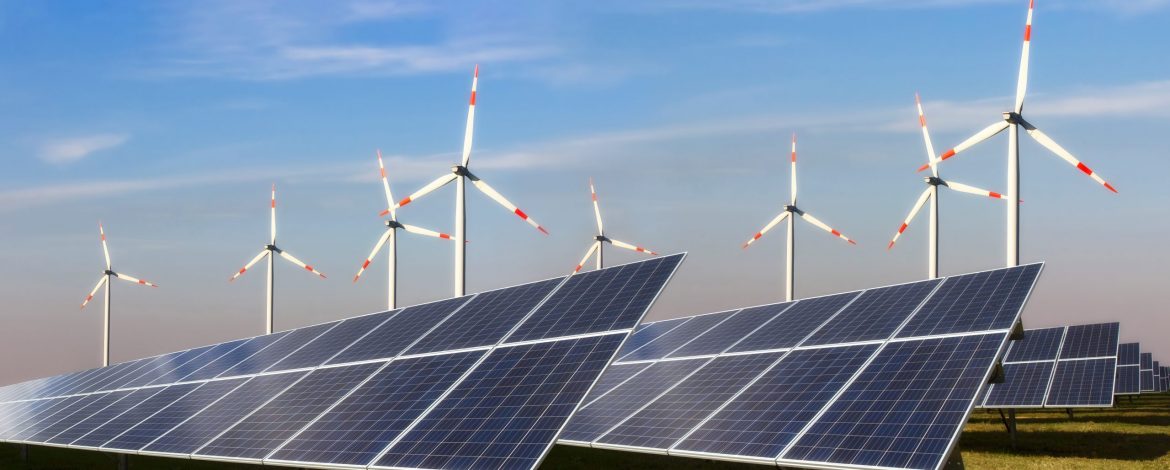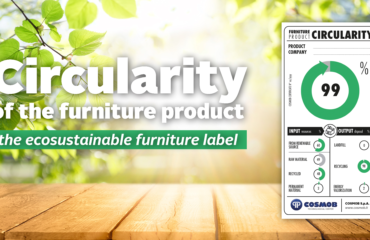The traditional and now obsolete “linear economy” model based on the process of “producing, using and decommissioning” has been replaced by a new model of economic growth, that of the “circular economy“.
The circular economy is a more sustainable paradigm, involving a wide use of renewable energy sources, reuse of waste and reduction of environmental impact.
The transition to a green economy implies a structural change in which technological innovation plays a key role in making economic activities more efficient and sustainable.

In this context, the wood-furniture sector has an important environmental impact, both for the characteristics of wood-based products that involve the use of adhesive materials, paints and coatings, and for the management itself of waste of wood origin.
Consequently, by adopting an eco-sustainable approach, companies in the sector can benefit from important opportunities:
- Eco-design, or sustainable design that takes into account the environmental impact of the product in its entire life cycle;
- Use of renewable energy, an approach that has become increasingly convenient for companies;
- Reduction of pollution and attention to indoor air quality, increasingly paying attention to the effects that furniture products have on the indoor environment;
- Use of environmental certifications: aimed at promoting the improvement of the environmental performance of products and companies;
- Management of wood waste, through the recycling of production waste.
The active and constant commitment of COSMOB is to stimulate this process of sustainable transition of international scope, involving many stakeholders; it is no coincidence that we are partners in numerous projects of international scope, such as ECOBULK.
This project considered composite products in the automotive, furniture and construction sectors as a reference target, promoting innovation, reuse, recovery and recycling of products, parts and materials, with the aim of identifying processes, replicable and cross-sectoral technologies and services.
The progressive development of Ecobulk has led to the identification of key phases along the supply chain by the design of modular and circular composite products, passing through the development of a reverse logistics aimed at recovering products from consumers/ users and reintegrate them back into the supply chain up to the definition and implementation of innovative business models for both retailers and for distributors.
The adoption and progressive promotion of the circular economy model applied to different industrial sectors, including wood-furniture represents for the companies of the sector an excellent opportunity for innovation and development to face the growing national and international competitive pressure and bring added value to products, in a market increasingly oriented towards eco-consumption sustainable choices, environmental issues and energy efficiency.
- More information about the project and partners involved:
– Project ECOBULK
– Offical Website: ECOBULK
- Read more about the Circular Economy









